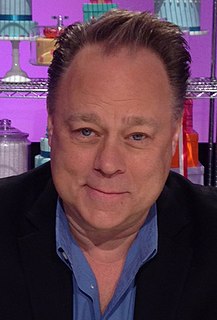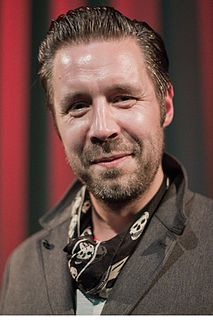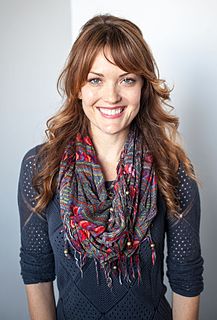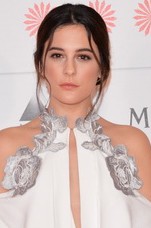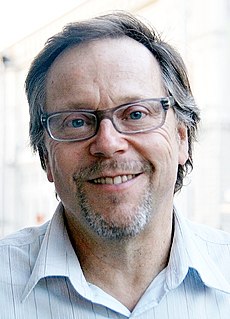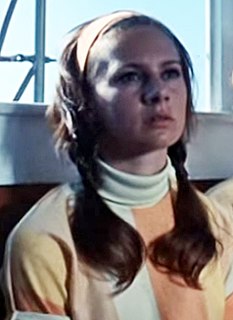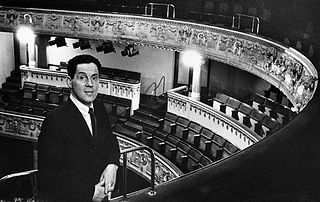A Quote by Kelly Asbury
My favorite films left the camera rest, and the actors and characters have a stage to act. Move the camera when it's motivating.
Quote Topics
Related Quotes
There is nothing worse than when actors come to a set - and it happens a lot with big stars - and they are too aware of where the camera is. They are the show. And that becomes apparent and it affects the production. I am like 'You should not know where the camera is - you should act, and I will do the rest.'
The camera course was a bit crap. But when I was in drama school, I wasn't interested. I wanted to be a stage actress. I was not interested in learning camera craft. But then you throw yourself in the deep end when you do get a job in front of the camera because you have absolutely no idea what you're doing, and it is a skill.
A huge part of what we do as actors is learning to ignore the camera, as if it's not even there, while simultaneously being very aware of the camera and what it's capturing, because you can give the best performance of your life, but if you do it with the back of your head facing the camera, it's going to get cut from the movie.
The camera has a mind of its own--its own point of view. Then the human bearer of time stumbles into the camera's gaze--the camera's domain of pristine space hitherto untraversed is now contaminated by human temporality. Intrusion occurs, but the camera remains transfixed by its object. It doesn't care. The camera has no human fears.
